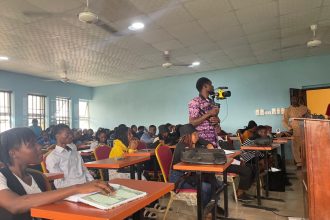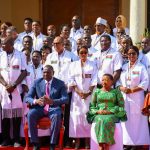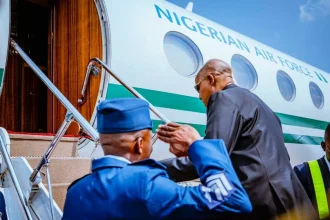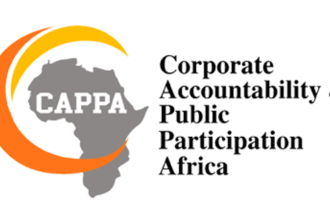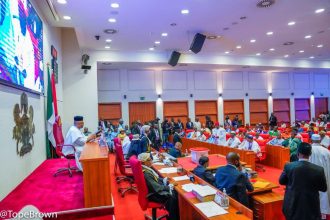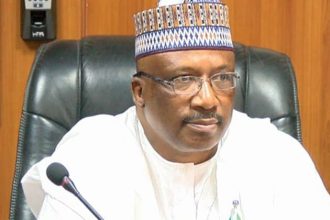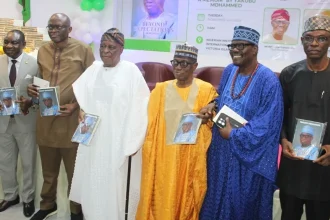By John Okeke
As Anambra State prepares for its off-cycle governorship election scheduled for November 8, 2025, media professionals have been reminded of their crucial role in shaping public perception and ensuring credible electoral processes through ethical and fact-based reporting.
Speaking at a forum on Enhanced Reportage, Inclusivity and Accountability of Stakeholders Towards the Anambra Governorship Poll held in Awka, media scholar and lecturer at Nnamdi Azikiwe University, Dr. Njideka Ezeonyejiaku, emphasized the need for journalists to uphold professionalism and fairness in their coverage before, during, and after the election.
The event was organized under the European Union’s Support to Democratic Governance in Nigeria (EU-SDGNII) Programme, jointly implemented by the International Press Centre (IPC) and the Centre for Media and Society (CEMESO) under Component 4 of the initiative, which focuses on strengthening the media for ethical and inclusive election reporting.
Dr. Ezeonyejiaku urged media practitioners to prioritize issue-based reportage that educates the electorate and promotes accountability among political actors. She cautioned against sensationalism and the spread of misinformation, urging journalists to verify facts before publication.
“Do not delay in publishing your reports,” she advised. “When journalists are slow, citizen journalists—who may not always rely on factual information—often take over the narrative. We must be timely, ethical, and objective in our work.”
Earlier, the Executive Director of the International Press Centre (IPC), Mr. Lanre Arogundade, said the forum marked the beginning of a three-day engagement with key electoral stakeholders, including the Independent National Electoral Commission (INEC), security agencies, the National Orientation Agency, and professional media bodies.
According to him, the activities under Component 4 are designed to “strengthen the media for fair, accurate, ethical, and inclusive coverage of electoral processes” and complement efforts to support other critical actors such as INEC, political parties, women, youths, and persons with disabilities.
He described elections as the cornerstone of democracy, providing citizens a legitimate avenue to express their choices and hold leaders accountable.
“The media plays a central role in this process,” Arogundade noted. “Beyond reporting events, journalists must ensure equitable access for all parties and candidates, give voice to marginalized groups, and adhere strictly to the principles of fairness and balance as outlined in the Electoral Act 2022, the Nigerian Broadcasting Code, and the Media Code of Election Coverage.”
Arogundade further explained that the ongoing engagements would include consultations, training sessions, and media appearances aimed at deepening civic and voter education, while addressing critical issues such as misinformation, press freedom, and access to information.
He said the forum would also provide an opportunity for journalists to reflect on their performance in past elections and develop actionable commitments toward improving the quality and impact of their reporting in the forthcoming Anambra governorship poll.
Participants at the forum are expected to draw up measurable commitments on ethical, professional, and conflict-sensitive coverage, ensuring that media reportage contributes meaningfully to the credibility of the November 8 election and the strengthening of democratic governance in Nigeria.






